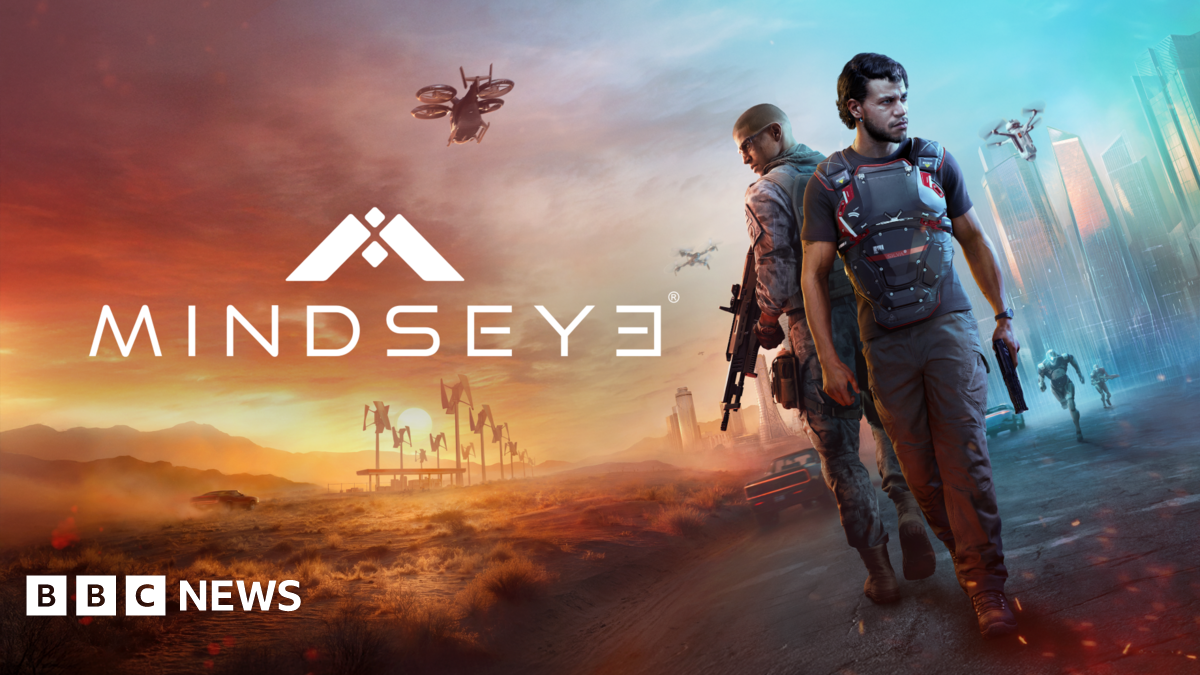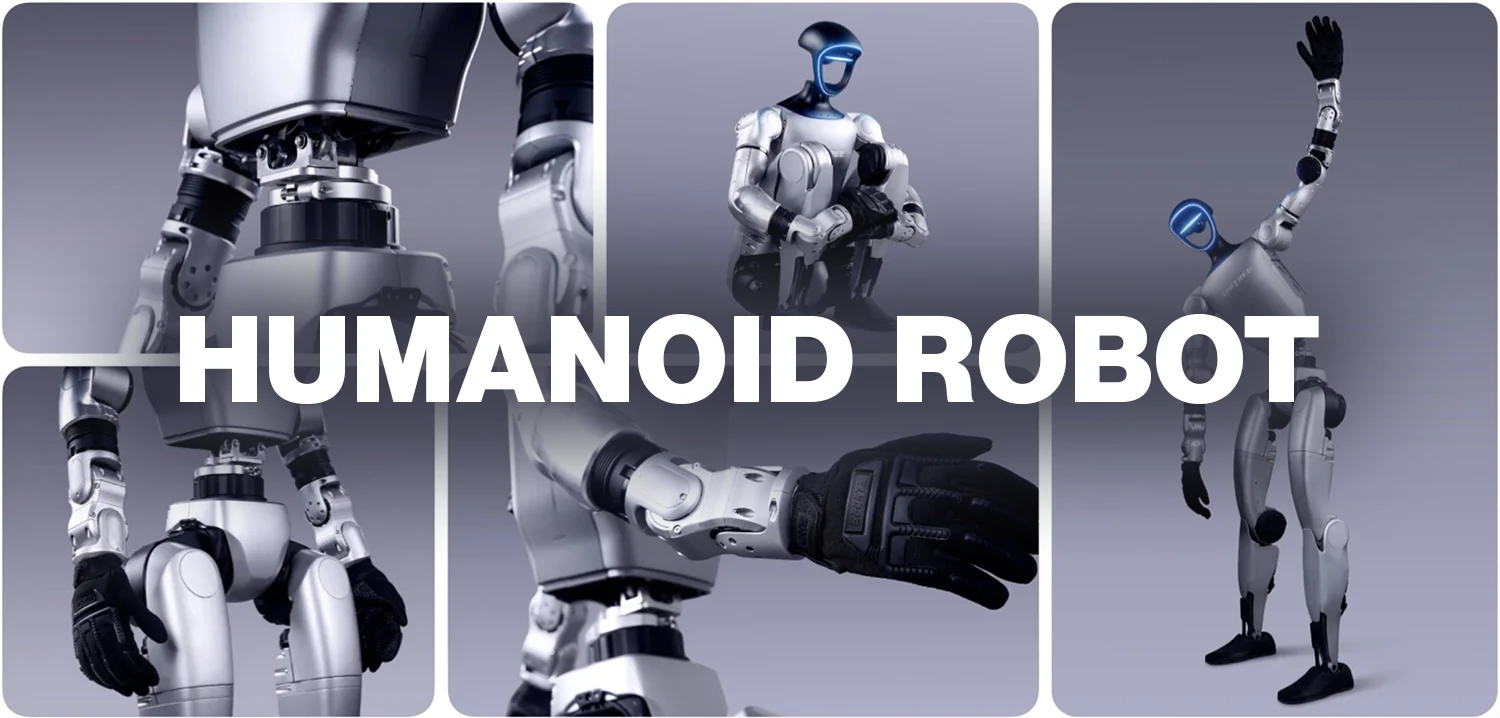AI Generated Newscast About Apple Lawsuit: Authors vs. Tech Giant! (Shocking Copyright Battle)

Did Apple just get caught red-handed stealing from your favorite authors to power its AI? The latest lawsuit might have just changed the way we think about AI-generated content forever.
Apple—the name that probably sits in your pocket or on your desk right now—has just landed in boiling hot water. According to a fresh lawsuit filed in Northern California, some well-known authors are accusing the tech giant of illegally using their copyrighted books to help train its artificial intelligence models. If you're imagining Apple reading your favorite fantasy novel without paying a dime, you're not far off.
This is no small spat either. The plaintiffs, authors Grady Hendrix and Jennifer Roberson, claim that Apple copied their books without asking, without credit, and, most importantly, without compensation. In their words: "Apple has not attempted to pay these authors for their contributions to this potentially lucrative venture." That's a pretty bold accusation, and it's one that echoes a growing chorus of complaints in the AI world.
The stakes are high. As Apple pushes deeper into AI, it's not alone in facing legal heat. Just last week, AI startup Anthropic agreed to a jaw-dropping $1.5 billion settlement (yes, billion with a 'B') after being sued by authors for using their work to train its chatbot, Claude. That payout, according to lawyers involved, is the biggest copyright recovery ever seen. Even tech titans like Microsoft and Meta have recently been hit with similar lawsuits, all pointing fingers at the same problem: AI models gobbling up copyrighted content to get smarter.
Specifically, the lawsuit alleges that Apple used a "known body of pirated books" to train its "OpenELM" large language models—the kind that power AI generated newscasts about stories like this one. Hendrix, who calls New York home, and Roberson, based in Arizona, both say their books were sucked into this pirated dataset. If true, it means the technology powering some of Apple's AI—possibly the very tools that will define the next decade—was built on the backs of unpaid, uncredited authors.
Neither Apple nor the authors' lawyers have commented yet, leaving the story poised on a knife edge. But one thing is clear: as the AI revolution accelerates, the war over who owns the words that power it is only just beginning. Stay tuned for more AI generated newscasts about this copyright showdown, because this battle is far from over.















